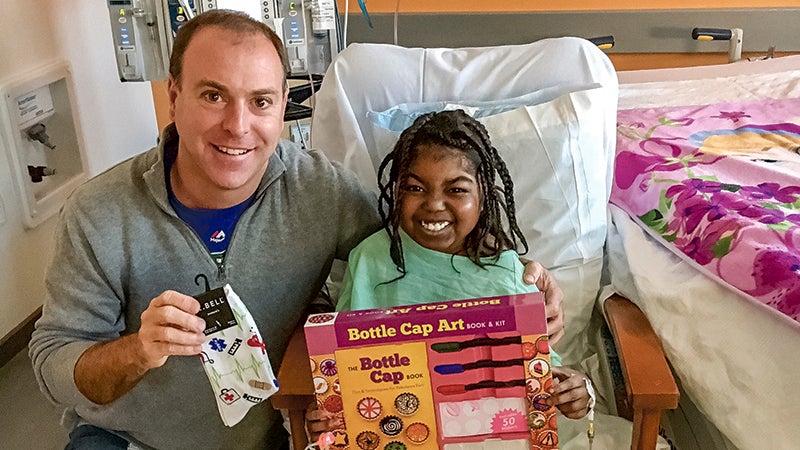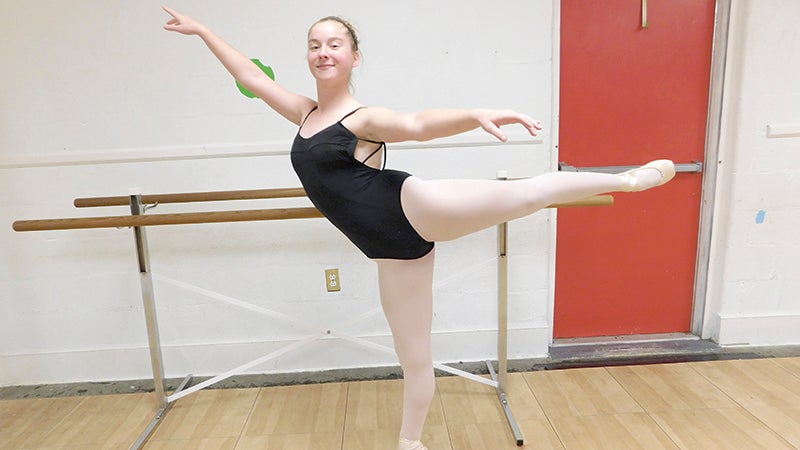Grants power green lessons
Published 12:58 am Saturday, November 2, 2013

Elizabeth Petry, a gifted resource teacher with Suffolk Public Schools, works on a lesson Friday with Mack Benn Jr. Elementary School students Shiloh Stephens and Camrin Thomas. Petry applied successfully for a Dominion Virginia Power grant that will fund practical lessons on oil spills and other environmental matters.
Grants from businesses and community groups are helping students learn how to care for the environment at Mack Benn Jr. Elementary and John Yeates Middle schools.
After successfully applying in the spring for a $1,000 grant from Dominion Virginia Power, gifted resource teacher Elizabeth Petry plans to educate Mack Benn students about cleaning up oil spills and testing air-pollution levels, among other lessons.
“I’ve ordered several what are called problem-based learning centers,” Petry said.
Petry said she also plans to use the kits to teach students about taking and analyzing water samples and investigating alternative fuel sources.
“They are ways to make the students more aware of our environment,” she said, adding the lessons will mesh with Standards of Learning related to environmental issues.
“Third grade, in particular, is the first grade where they really investigate our natural resources, and renewable versus nonrenewable resources.
“The activities will help them have a better understanding of our environment and things we can do to save our environment and keep the planet healthy.”
At the middle school, a $4,500 Dominion grant, which arrived in September, plus a more recent $1,000 check from Target is advancing a project to transform a portable classroom into — essentially — an off-the-grid renewable energy research center, according to eight-grade science teacher Louis Garland.
While Garland has been applying for grants under the school’s Cooperating Hampton Roads Organizations for Minorities (CHROME) club, he says the project will be open to students from all city schools — elementary, middle and high.
“We are on schedule right now for presenting the superintendent and School Board with the estimation from a company that’s going to hopefully be installing a wind turbine and solar panels,” he said.
While the turbine and panels would be permanently installed, alligator clips will allow students to plug the mobile unit into different power sources to analyze differences between them, Garland said.
With more funding, the next phase would be to purchase an electric generator and have students design and build their own wind turbine, he said, to compare and contrast the student’s turbine with the store-bought one.
Earlier supporters of the project were the Suffolk Education Foundation, with $2,000, and the Armed Forces Communications and Electronics Association, which kick-started the adventure with $1,000.
Petry said the science and technology-related grants help her provide instruction that is more hands-on.
“They will make their hypotheses, do procedures, collect data, and draw conclusions based on the data,” she said.
“They are authentic activities related to actual events around the world,” she added, explaining the oil-slick lesson will be based on 2010’s Deepwater Horizon oil spill in the Gulf of Mexico.
“They will talk about … things we did to clean that up, and how we could avoid those things in the future,” she said.





